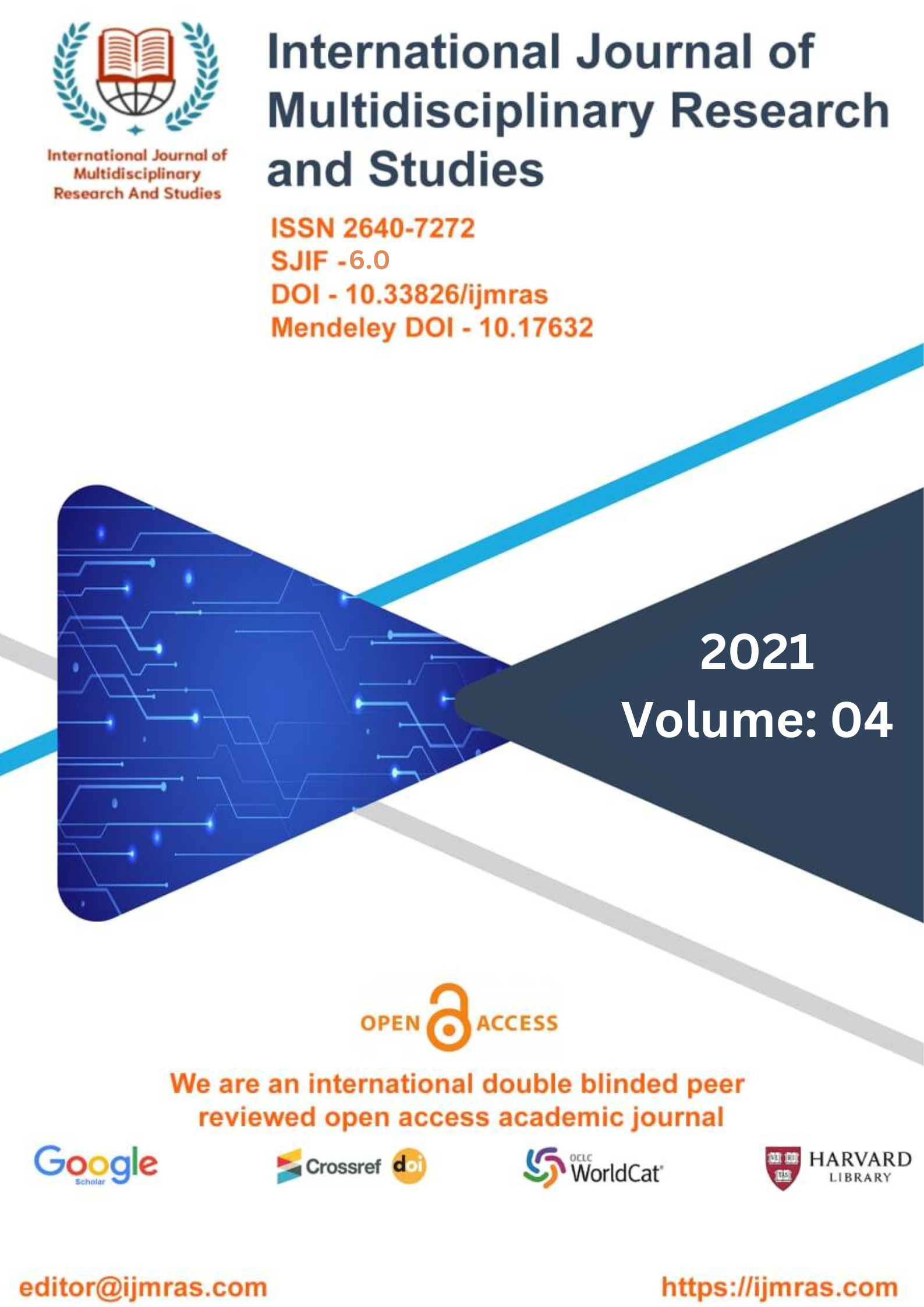Gender views in the fictions of diasporic Indian English novels

Abstract
The all-pervasive image of knitting, sewing, quilting, and cooking as a metaphor for the experience and the narrative of diaspora relates it to the imagined feminine role of gathering, recalling, and recording memories and pictures of the past. This is a common image. The burden of remembering home, of recreating those memories within new contexts, and ultimately acting as cultural harbingers of homeland culture continue to fall disproportionately on women, despite the fact that the choice to move from one physical location to another is primarily seen as being one that is made by men, as shown by a great deal of sociological research. However, women continue to be portrayed as being vividly more likely to be the ones who make the move. Reflecting, as it does, the problematics of gendered roles inside an act that remains beyond the agency of women, the issues inherent within this paradoxical scenario are at the centre of modern discourses of the diaspora. The confluence between gender and diaspora, as well as the ways in which the two have influenced one another, has received less attention, despite the fact that diaspora as a historical and current reality has encompassed problems of transnationalism, globalization, hybridity, and multiculturalism.
Keywords
Fictions, Novels, Gender, GlobalizationHow to Cite
References
Bhabha, Homi K. Location of Culture. New York: Routledge, 1994. Print
Clifford, James. Diasporas: Cultural Anthropology. Santa Cruz: University of California, 2007. Print.
Cohen, Robin. Global Diasporas: An Introduction. New York: University of Washington Press, 2008. Print.
Dodiya, Jaydipsinh. Critical Essays on Indian writing in English. New Delhi. Sarup& Sons, 2006. Print.
Ghosh, Amitav. The Shadow Lines. New Delhi: Ravi Dayal Publishers, 1988. Print.
Hidier, Tanuja Desai. “Confusion in to Creativity: A Review of Born Confused and a Conversation with Tanuja Desai Hidier” Interview by RoohiChaudary. Bookslut, Nov. 2002. Web. 13 Dec. 2013.
Jain, Prakash Chand. Racial Discrimination against Overseas Indians: A Class Analysis. New Delhi. Concept Publishing Company, 1990. Print.
Khalidi, Walid. Before their Diaspora: A Photographic History of the Palestinians, 1876–1948. Washington, DC: Institute for Palestine Studies, 1948. Print
Lahiri, Jhumpa. "The Namesake." Interview by Jeffery Brown. PBS NEWSHOUR, 16 Oct. 2003.Web. 7 Jan. 2014.
McLeods, A.L. The Literature of Indian Diaspora. New Delhi: Sterling Publishers, 2000. Print.
Morley, David, and Kevin Robins. Spaces of Identity: Global Media, Electronic Landscapes and Cultural Boundaries. London: Routledge, 1995. Print
Rosa, Debora Cordeiro. Trauma, Memory and Identity in Five Jewish Novels from the Southern Conel. Lanham: Lexington Books, 2012. Print.
Singh, Mahavir, ed. Home Away from Home: Inland Movement of People in India. New Delhi: Anamika Publishers, 2005. Print.
Tuan, Yi-Fu. Space and Place: The Perspective of Experience. Minneapolis: University of Minnesota Press, 1977. Print
Alam, F. (1996). Bharati Mukherjee. New York: Twayne Publishers.
License
Copyright (c) 2021 KOMAL KUMARI

This work is licensed under a Creative Commons Attribution 4.0 International License.
Individual articles are published Open Access under the Creative Commons Licence: CC-BY 4.0.




